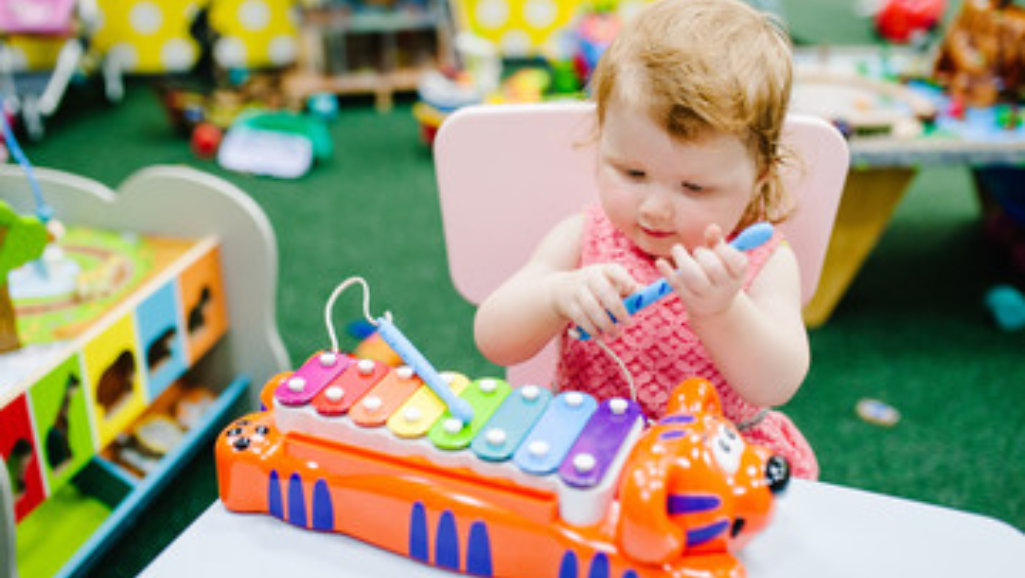Are you wondering how your child can play music? Look no further! In this article, we’ll explore various ways for children to discover the joy of music. From learning to play instruments and joining choirs, to taking music lessons and exploring music therapy programs, there are countless opportunities to nurture their musical talents. Whether they want to sing, dance, or play an instrument, we’ve got you covered. Let’s dive in and unlock their musical potential together!
Learning Musical Instruments
To start learning musical instruments, you’ll need to first get familiar with the basic techniques and principles of playing. It can be a daunting task, but don’t worry, there are plenty of interactive music activities and group music lessons available to make the learning process fun and engaging.
Interactive music activities are a great way to introduce children to the world of music. These activities involve hands-on experiences that allow kids to explore different instruments and sounds. They can participate in rhythm games, create their own melodies, and experiment with various musical concepts. By engaging in these activities, children not only develop a love for music but also improve their motor skills, coordination, and creativity.
Group music lessons provide an opportunity for children to learn alongside their peers. Being part of a musical ensemble allows them to collaborate, communicate, and develop important teamwork skills. They can learn from each other, support one another, and share the joy of making music together. Group lessons also provide a social aspect to the learning process, fostering friendships and a sense of belonging.
Joining a Children’s Choir
If you’re looking for a fun and engaging way for your child to further explore their love for music, consider joining a children’s choir. Not only will they have the opportunity to meet new friends and express themselves creatively, but they will also develop valuable musical skills and gain confidence in their abilities. Here are five reasons why joining a children’s choir can be a fantastic experience for your child:
- Improved singing abilities: Through regular choir rehearsals, your child will have the chance to refine their vocal technique, learn proper breathing exercises, and develop a strong sense of pitch and rhythm.
- Musical education: Choir rehearsals often involve learning about music theory, sight-reading, and ear training. Your child will have the chance to expand their musical knowledge and deepen their understanding of different genres and styles.
- Teamwork and collaboration: Choirs require teamwork and cooperation. Your child will learn to work together with other choir members, follow a conductor, and blend their voice with others to create a harmonious sound.
- Performance opportunities: Choirs often perform at various events and venues, providing your child with the chance to showcase their talent and perform in front of an audience. This can help build their confidence and stage presence.
- Friendship and community: Joining a choir means becoming part of a close-knit community. Your child will make friends who share their passion for music and form lasting bonds.
Encourage your child to attend choir auditions and experience the joy of singing with others. With regular choir rehearsals, they will grow as musicians and individuals, all while making beautiful music together.
Participating in School Band Programs
Joining a school band program can be a great way for your child to further develop their musical skills and collaborate with other young musicians. Not only will they have the opportunity to play an instrument, but they will also gain valuable knowledge in music theory and composition.
In a school band program, your child will learn how to read sheet music, understand different musical concepts, and apply them while playing their instrument. They will also have the chance to explore music composition, where they can create their own melodies and arrangements. This will not only enhance their creativity but also deepen their understanding of music.
Participating in a school band program also provides a unique opportunity for your child to collaborate with other young musicians. They will learn how to work together as a team, listen to others, and communicate effectively to create a harmonious musical performance. This collaborative experience will not only improve their musical abilities but also teach them important life skills such as teamwork and communication.
In addition to the musical aspect, being part of a school band program can also boost your child’s confidence and self-esteem. Performing in front of an audience and receiving feedback from their peers and teachers can help them grow and improve as musicians.
Taking Music Lessons
When your child is ready to start playing music, it’s time to consider enrolling them in music lessons. Taking music lessons can be an incredible opportunity for your child to learn and grow as a musician. Here are some options to consider for their musical education:
- Online tutorials: With the advancement of technology, there are now countless online tutorials available for your child to learn music. These tutorials offer step-by-step instructions and video demonstrations, allowing your child to learn at their own pace in the comfort of their own home.
- Group classes: Group classes provide a fun and social environment for your child to learn music. They can interact with other children who share their passion for music, creating a sense of camaraderie and motivation. Group classes also offer the opportunity for your child to learn from a knowledgeable instructor and receive feedback on their progress.
- Private lessons: Private lessons provide one-on-one instruction tailored specifically to your child’s needs and abilities. This personalized attention allows for focused learning and rapid progress. Private lessons also offer the flexibility to explore different genres and styles of music based on your child’s interests.
- Music schools: Music schools offer a comprehensive music education program, encompassing theory, technique, and performance. They often have a variety of instruments and classes to choose from, allowing your child to explore different musical paths.
- Community programs: Many communities offer music programs for children, such as after-school programs or summer camps. These programs provide a supportive environment for your child to learn music while fostering a sense of community and belonging.
Exploring Music Through Singing and Dancing
Enroll your child in music lessons and discover the joy of exploring music through singing and dancing. Music plays a crucial role in early childhood development, and engaging in activities like singing and dancing can greatly benefit your child’s cognitive development.
Through singing, children learn to express themselves, develop their language skills, and enhance their memory and listening abilities. They also learn about rhythm, melody, and pitch, which are fundamental aspects of music. Dancing, on the other hand, allows children to explore movement, coordination, and spatial awareness. It helps them develop their motor skills and boosts their physical fitness.
Here is a table that highlights some of the key benefits of music for children’s cognitive development:
| Benefits of Music for Children’s Cognitive Development |
|---|
| Enhances language skills and vocabulary |
| Improves memory and listening abilities |
| Develops rhythm, melody, and pitch understanding |
| Boosts motor skills and coordination |
| Enhances spatial awareness and physical fitness |
Engaging in Music Therapy Programs
You can further enhance your child’s musical development by participating in music therapy programs. Music therapy offers numerous benefits and uses various techniques to engage children in a therapeutic musical experience. Here are five ways music therapy can benefit your child:
- Improves communication skills: Through music therapy, children learn to express themselves effectively, improving their verbal and non-verbal communication skills.
- Enhances social interaction: Music therapy encourages group participation, enabling children to interact with their peers and develop important social skills.
- Boosts cognitive development: Engaging in music therapy stimulates various areas of the brain, promoting cognitive growth, memory, and problem-solving abilities.
- Supports emotional well-being: Music has the power to evoke emotions, and music therapy can help children explore and process their feelings in a safe and supportive environment.
- Enhances physical development: Music therapy incorporates movement and coordination exercises, helping children improve their motor skills and physical coordination.
In music therapy sessions, trained professionals use a range of techniques such as singing, playing instruments, improvisation, and musical games to engage children in a therapeutic musical experience. These techniques harness the power of music to address specific goals, promote self-expression, and facilitate overall growth and development. So why not consider enrolling your child in a music therapy program and unlock the transformative benefits of music today?
Attending Music Camps or Workshops
To fully immerse your child in the world of music, consider attending music camps or workshops. These opportunities provide a unique and enriching experience for young musicians, allowing them to explore their passion for music in a supportive and collaborative environment. Music camps and workshops offer a range of activities that foster music appreciation and collaborative music making.
At these camps and workshops, your child will have the chance to learn from experienced instructors who are passionate about music. They will be exposed to different musical genres and styles, expanding their musical horizons and deepening their understanding and appreciation of music. Through engaging workshops and interactive activities, they will develop their technical skills and musicality.
One of the great benefits of attending these camps and workshops is the opportunity for collaborative music making. Your child will have the chance to play music with their peers, forming bands or ensembles and working together to create beautiful music. This collaborative experience not only enhances their musical skills but also teaches them valuable lessons in teamwork, communication, and cooperation.
Music camps and workshops provide a nurturing and supportive environment where your child can grow as a musician and connect with like-minded individuals who share their love for music. It is an experience that will inspire and motivate them to continue their musical journey. So, consider enrolling your child in a music camp or workshop and watch them thrive in the world of music.














